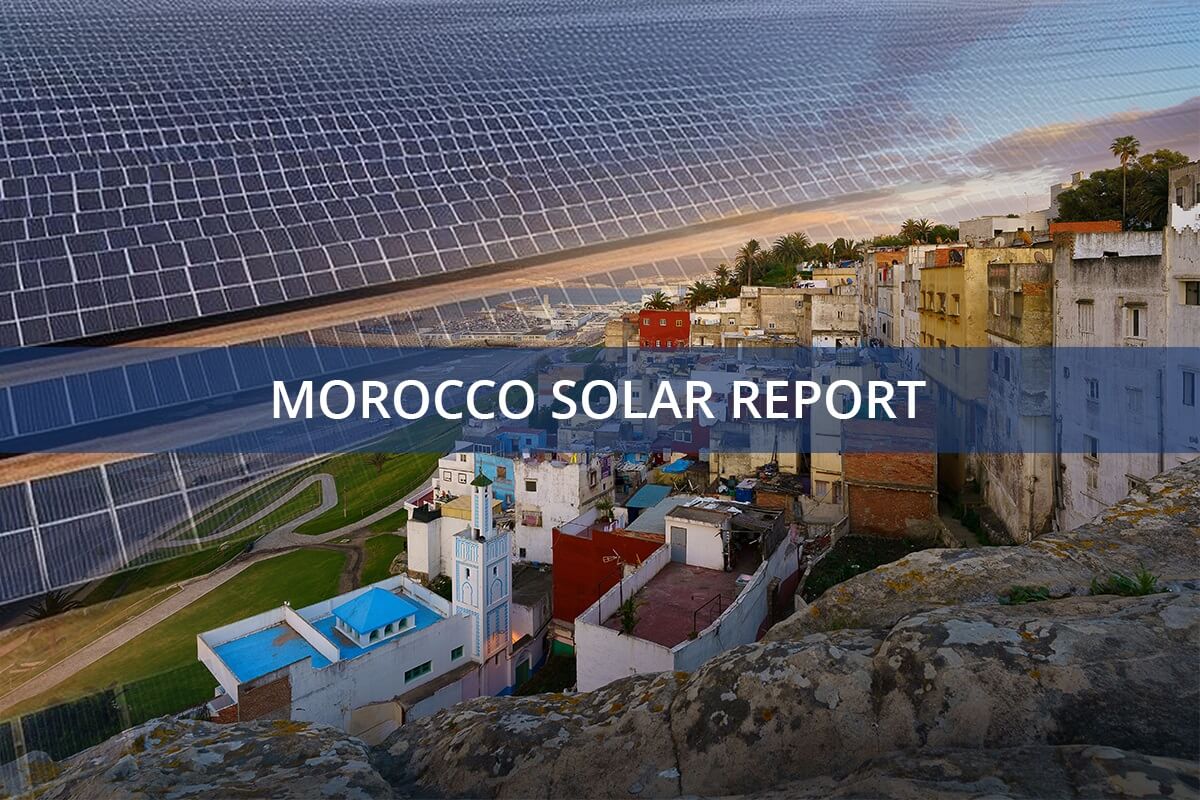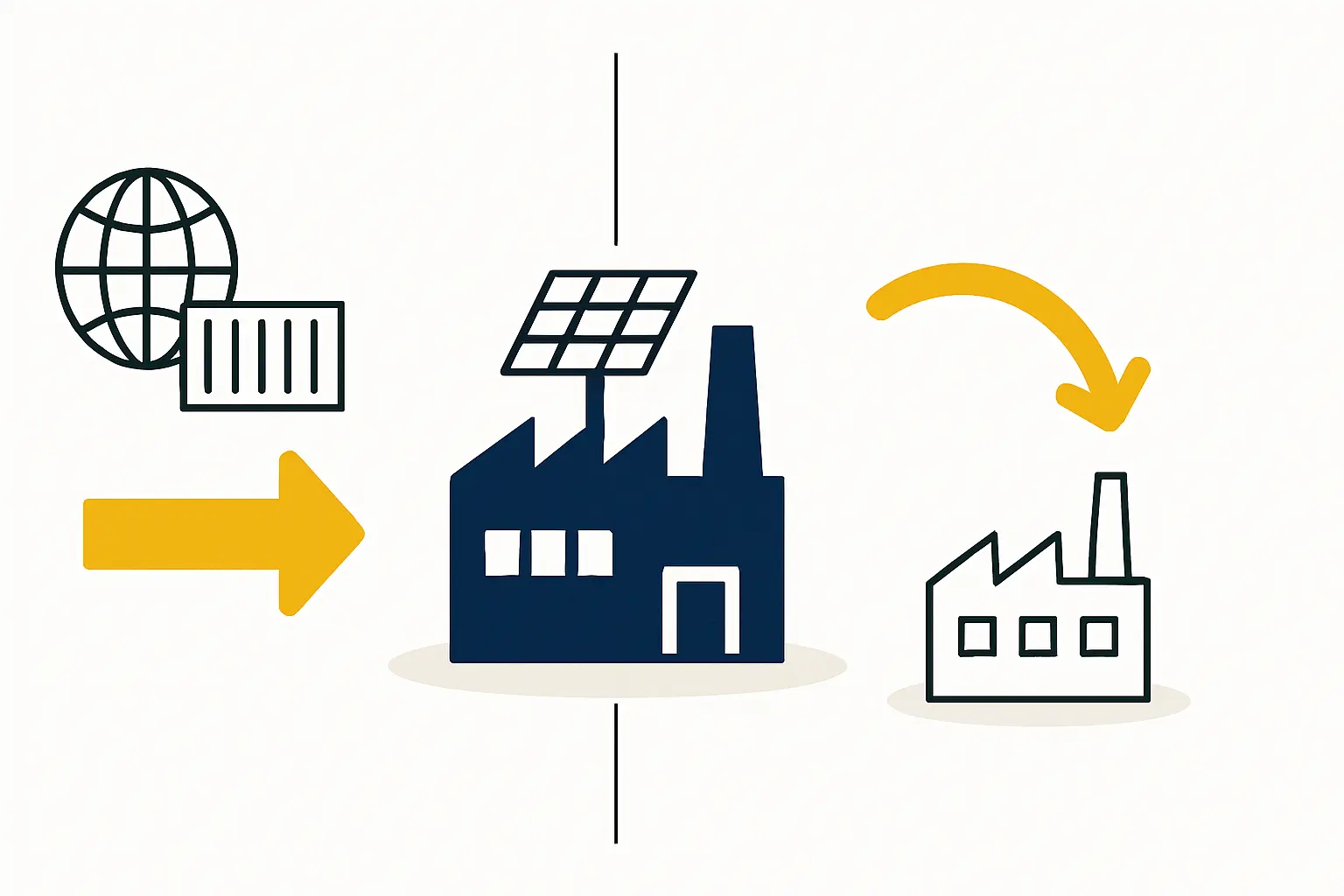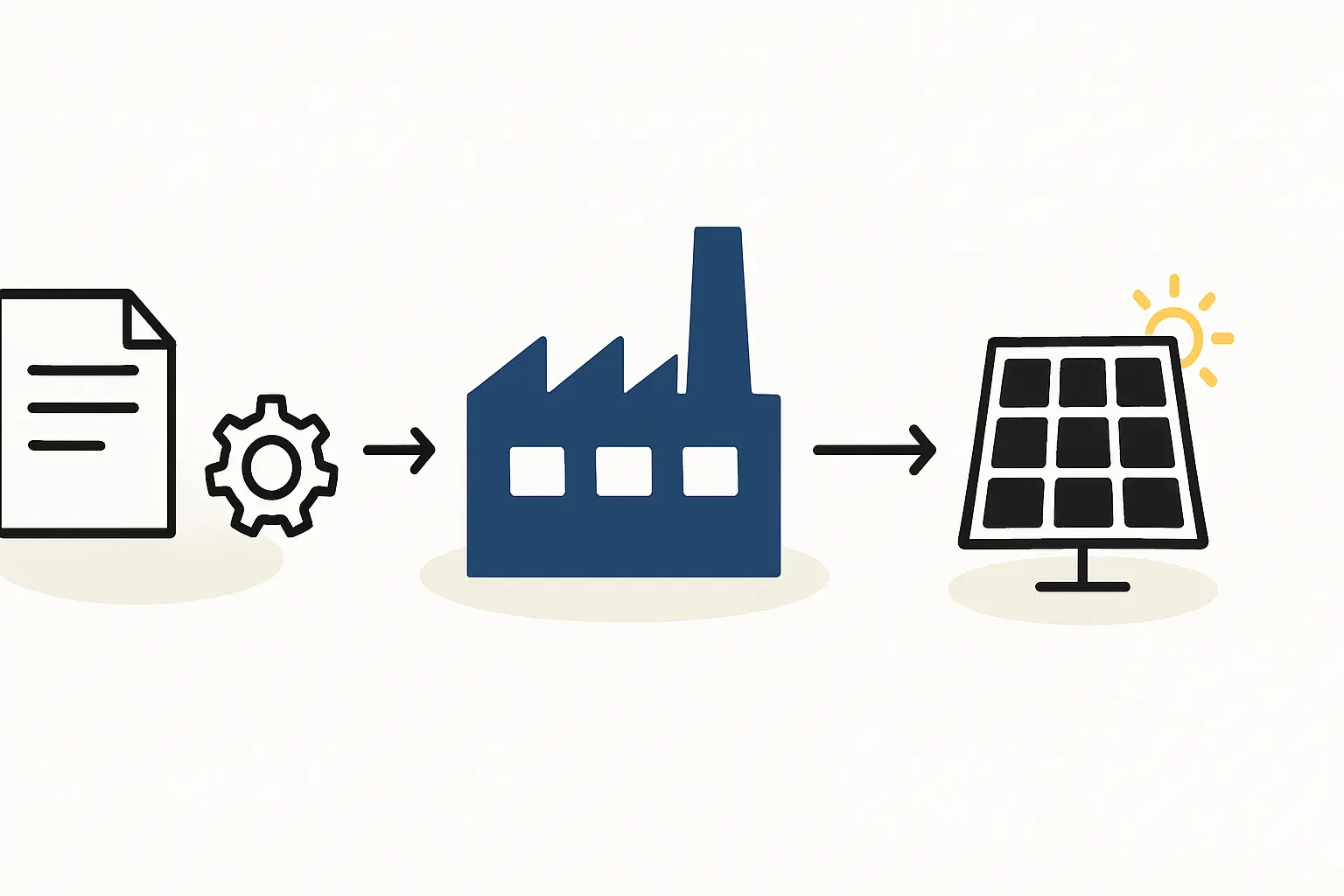Amid a severe drought, Morocco has launched a pioneering floating solar panel project in the Agadir region to protect precious water reserves and generate renewable energy. This initiative, the first of its kind in the country, aims to provide a sustainable, dual-purpose solution to the interconnected challenges of water scarcity and clean energy needs.
Floating Solar Panels: The Morocco floating solar Project
Morocco has taken a significant step towards bolstering its water and energy security by launching the country’s first floating solar panel project. Led by the National Office of Electricity and Drinking Water (ONEE), the initiative involves installing “floatovoltaics” on the Moulay Abdellah dam reservoir in the Agadir region.
This innovative project is designed to serve two critical functions. First, it will generate clean electricity, which will reportedly help power a major port. Second, by covering a portion of the reservoir’s surface, the panels will significantly reduce water loss from evaporation, a crucial benefit as the nation grapples with the effects of a multi-year drought that has pushed dam levels to historic lows.
The floatovoltaic project is a direct response to increasing climate stress. With water levels dropping, the government has been forced to take drastic measures to secure drinking water. This project offers a way to safeguard these vital reserves while simultaneously advancing the country’s green energy agenda. The initial phase will see the installation of 1.4 megawatts (MW), contributing to a broader national ambition of producing 1.4 gigawatts (GW) from floating solar installations by 2030.
Ready to make big Profits?
The solar Industry is Booming
WE HELP NEWCOMERS to the solar industry start their own solar module production line. Customers can make BIG PROFITS by selling modules and finding investors, without wasting money and time on things they don't need!
Morocco’s Renewable Energy Ambitions and floating solar
Morocco has long been a leader in renewable energy in the Arab world, with a clear goal of generating 52 percent of its electricity from renewable sources by 2030. The floating solar project is a key component of this strategy, showcasing an innovative approach that integrates water conservation with energy production. You can find more updates on similar initiatives in our collection of Morocco solar news.
The country’s commitment is backed by substantial action and a holistic strategy. This includes a massive Morocco solar investment plan designed to rapidly augment its renewable capacity. Beyond large-scale government projects, the private sector is also contributing, with companies installing their own systems, such as the 600 solar panels installed at one manufacturing plant to reduce operational costs.
To support this growth, Morocco is also enhancing its domestic production capabilities. A significant development is the expansion of a PV production facility to 1 GW, making it the largest in North Africa. This focus on the local solar panel manufacturing process is vital for creating a self-sufficient and robust renewable energy sector.
The Role of floating solar Panels in Morocco Water Conservation
Floating solar panels are a relatively new technology but have proven highly effective, especially in regions where both land and water are scarce. By placing panels on water bodies, countries can generate clean power without occupying valuable agricultural or residential land. The cooling effect of the water can also slightly increase the panels’ efficiency.
However, the most critical benefit for an arid country like Morocco is water conservation. As one report noted, “Morocco is using ‘floatovoltaic’ panels to reduce evaporation while also generating green energy to power a major port.” This dual-benefit approach is being closely watched by other nations in the region facing similar climate challenges.
As the impacts of climate change intensify, the need for such integrated solutions will only grow. Morocco’s floating solar project is a prime example of how to address these challenges sustainably. By combining renewable energy production with water preservation, the country is demonstrating that it is possible to tackle two of the world’s most pressing issues at once.
Projects like these are driving the solar industry forward, from large-scale infrastructure to the intricacies of production. To learn more about the foundations of this technology, explore our free e-course on solar module manufacturing.



